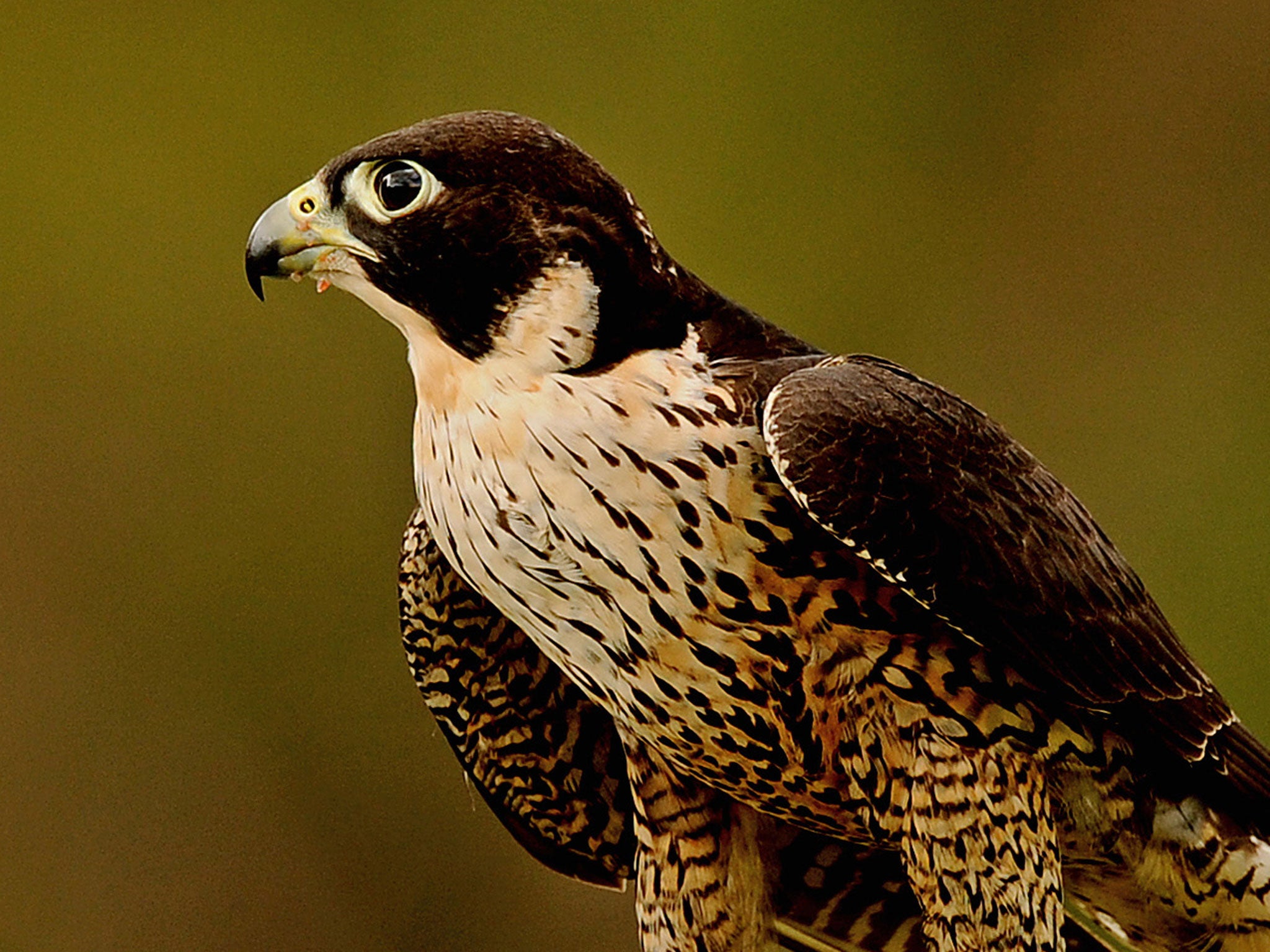Landmarks by Robert Macfarlane, book review
Nature writer calls for a richer regional vocabulary to save us from digital fate

In landmarks, Robert Macfarlane has written what is effectively a manifesto for the school of writing about the natural world of which he is the doyen. The book is not, principally, about nature, but about the language that calls it into being, on the page and in the mind's eye. He is horrified by the loss of regional and specialist words for places and things, from bogs to mountains, cowpats to coombs, a vocabulary built by, and for use in, work, navigation and poem-making: what a Lewis man describes to him as "an early form of GPS: the Gaelic Positioning System".
Without this vocabulary, Macfarlane argues, landscape shifts into "blandscape", its spiritual and aesthetic benefits lost to us, because "language does not register experience, it produces it". From the glossaries that punctuate the book we learn that "blatter" can either mean a puddle in Yorkshire, or "to rain heavily and noisily" in Galloway. Macfarlane demonstrates the use of this expanded meteorological lexicon to a writer when telling us, for instance, that "it began to rain again, a spittery smir".
Such fossicking for words started early. One of the examples of the literature he praises is Pebbles on the Beach, a guide written in the 1950s which his family unfailingly took along when "treasure-hunting for stones on the coasts of Britain". Wandering the tide-line "bent at the waist, eyes peeled" for particular rocks, the young Macfarlane "began to collect stone-words as well as stones". These souvenirs serve the adult author as a "means of summoning back memories of a landscape at the instant of finding", practical aids perhaps to Wordsworth's "recollection of emotion in tranquility".
Many of the authors he holds up as examples of linguistic precision form a pantheon already familiar from his previous writings. (Apart from Roger Deakin's, the books he cites were all published before 1975.) The connection their precise language gives us with the natural world, he suggests, is an antidote to our increasingly digital lives, permanently changing the way we see our surroundings and serving to "keep us from slipping off into abstract space".
Yet how different is a book from a screen as an agent of mediation? Macfarlane describes walking in the Cairngorms "as if we had walked into the pages of Nan (Shepherd's) book, though, of course, her book had emerged out of the Cairngorms themselves". Of course? It is not always clear how real Macfarlane's countryside is and how much it is a place that exists on the page, populated by artists, writers and academics, rather than those actually working the land, labourers whose "hard hand-play" and "ceaseless toil" only appear in a quotation from Richard Jefferies.
Inevitably some readers will be led to compare this book with Helen Macdonald's H is for Hawk, after its sweep of literary prizes and lengthy roost atop the bestseller lists. Through the "visceral, bloody life" she shares with her goshawk Mabel, Macdonald debunks the falconry in TH White's neurotic book The Goshawk. By contrast, Macfarlane praises the equally weird zoomorphism of The Peregrine by JA Baker, another damaged man working through his problems by pretending to be a bird, because of its electric, glittering prose.
Macfarlane too encounters peregrines, hunting near his home the day he is, by coincidence, setting out to look at Baker's papers in a university archive in Essex. In a neat meeting of disparate worlds, a pair nest on the tower of the university library in Cambridge, where he has spent many hours searching out the countryside's DNA among the book-stacks. Once again, art trumps nature. The female arrives at her roost and peers through the window just as the author approaches, causing him to spring back before he meets her eye, processing the moment instead by replaying a description of a peregrine by JA Baker in his mind.
Join our commenting forum
Join thought-provoking conversations, follow other Independent readers and see their replies
Comments
Bookmark popover
Removed from bookmarks